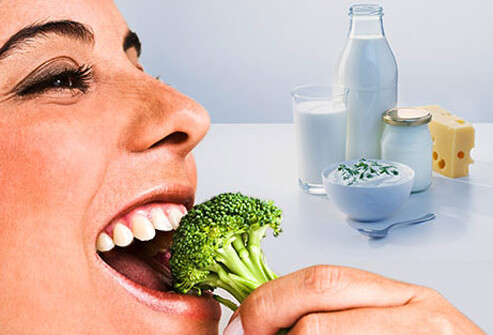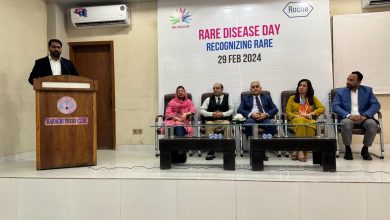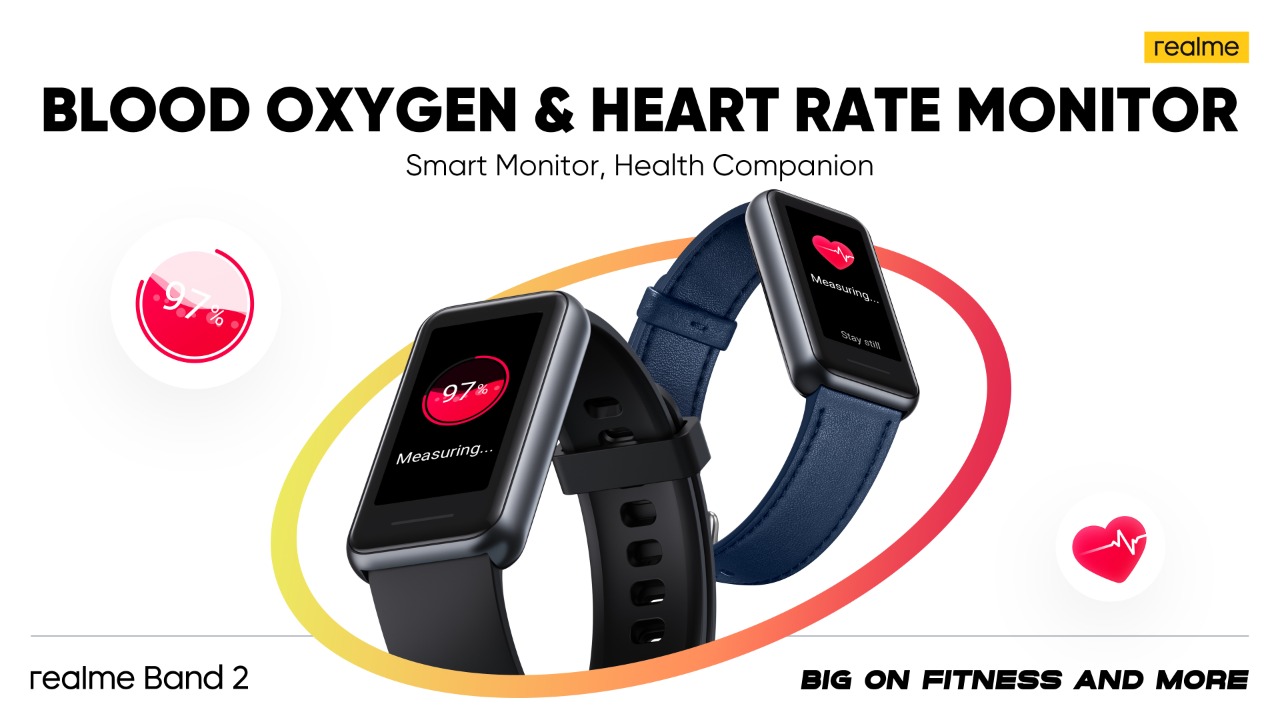Women’s Health

What is Women’s Health:
 Women are society’s traditional caregivers. As such their focus is often on others, and it’s easy to for them to neglect their own health and needs. Women’s health is about caring for oneself.
Women are society’s traditional caregivers. As such their focus is often on others, and it’s easy to for them to neglect their own health and needs. Women’s health is about caring for oneself.
When women learn to nurture themselves as well as others, they inevitably experience vibrant improvements in their lives, health, and general wellbeing.
Today women are more educated, vocal and sophisticated in their knowledge of medical science, and because of this, they are determined and able to take control of their own health and destiny.
Women are powerful, by virtue of numbers, as well as their social and economic influence. Women are also potentially dangerous for any institution built on the status quo, such as the conventional medical establishment which seeks to control women’s health with across-the-board treatments, rather than with individualized therapies.
Women’s Health & Lifestyle:
Women’s health is also about lifestyle changes and choices such as:
- Diet
- Exercise
- Stress reduction
- Creativity
- Religion and spirituality
- Goal setting and achievements
- Responsibility
It is believed that women’s health needs to be balanced and to achieve this balance one cannot simply focus on a single aspect of a woman’s life, but should incorporate everything that contributes to wellbeing.
Women’s Health & Hormones:
Hormones play a major part in women’s health and wellbeing. They rule their lives, yet if their hormones are off-balanced were often misunderstood by the medical profession as well as by the community at large.
A female is hormonally scripted by her brains and organs. Yet the hormones are often a mysterious part of the makeup until women make some attempt to understand them.
What are Hormones:
Hormones are messenger chemicals produced in minute quantities either in the brain or in the other endocrine (hormone producing) glands such as the:
- Thyroid
- Adrenals
- Ovaries
- Pancreas
They are excreted immediately into the blood stream to all parts of the body where they control, activate and direct women’s ever-changing organ functions, urges and feelings.
Their bodies are continually creating new hormones in response to their specific, individual needs.
their hormones are also being continually destroyed or metabolized from the systems as their needs change.
Hormonal shifts take place rapidly and women’s endocrine (hormonal) system is closely interwoven with their thoughts, feelings and external events.
This is why women’s have fluctuating hormone levels, which may differ drastically from hour to hour.
Their hormones play characteristic roles in the different stages of their lives and influence their development, behavior, and attitude during these life transitions:
- Childhood
- Puberty and adolescence
- Reproductive, child-rearing and caretaking years
- Mid-life, time for freedom and for self-fulfillment
Hormonal changes, imbalances, and deficiencies affect their lives, health, wellbeing and also their personal and professional pursuits such as family and career.
The most common hormonal imbalances are:
- PMS (Premenstrual Syndrome): PMS is also known as premenstrual syndrome or premenstrual tension (PMT). A severe form of PMS is known as premenstrual dysphoric disorder (PMDD).
- Postpartum Depression: (Also known as Post-natal Depression)
- Pre-menopause
- Menopause: It is a stage of a womans reproductive cycle that occurs as the ovaries stop producing estrogen, causing the reproductive system to gradually shut down.
- Endometriosis: It is a common medical condition where the tissue of the lining of the uterus, the endometrium, is found outside the uterus affecting other organs in the pelvis such as bowel or ovaries.
- Polycystic Ovaries
- Fibroids: Fibroids are benign tumours of the uterus and are present on 30-50% of women. They occur in women of all races and backgrounds.
- Hypothyroidism (under functioning thyroid)
- Depression, Anxiety and Panic Attacks
- Weight Gain



